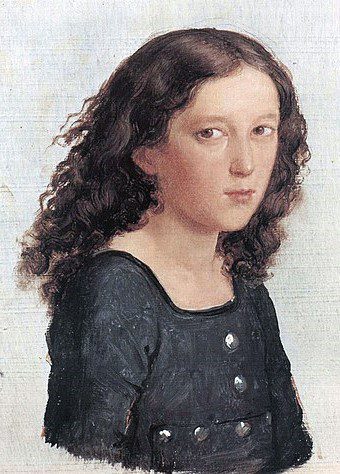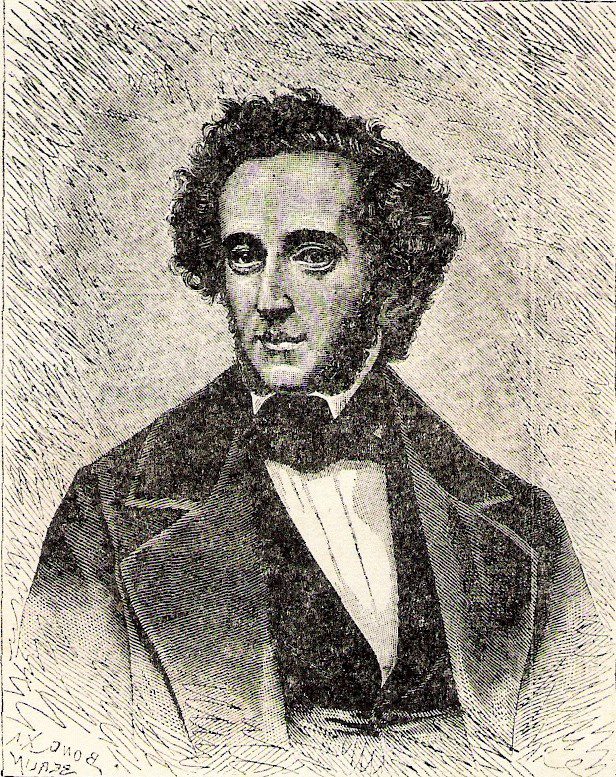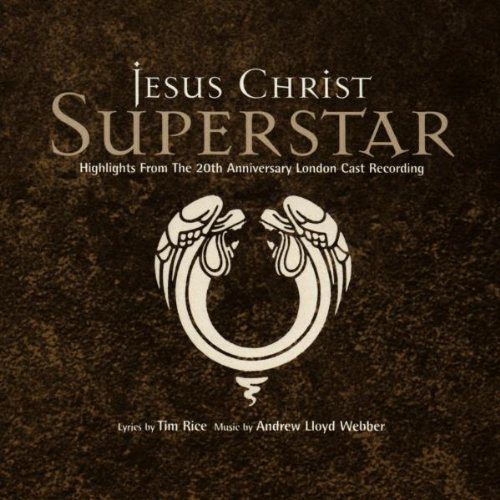Mendelssohn



More than Mozart, Felix Mendelssohn is the wunderkind among composers. His Octet in E flat, composed at sixteen, and his Midsummer Night’s Dream Overture at seventeen, are finer than anything, by anyone, at a comparable age, finer than anything by many composers at any age. He was also a great pianist, organist, and conductor, born to wealth, spoke five languages, read Homer in the Greek, played violin and viola, sketched masterfully—and, unlike many composers of genius, was a billygoat of a kid, nothing frail about the boy, swam and danced with the best of them. His name, Felix, means Happy—but he suffered from a form of narcolepsy which waned in inverse proportion to the ailment which finally killed him (also killing his sister Fanny, both parents, and paternal grandfather), the bane of the Mendelssohns, a cerebral hemorrhage, at thirty-eight, hardly fulfilling the promise of his childhood, easily outdistanced by Mozart (dead himself at thirty-six), but also by others, younger and older.
He was handsome, wavy black hair cascading over a high wide brow, black almond eyes, aquiline nose, high cheekbones, a sense of humor in the curve of his mouth, and sideburns framing his angular face, narrowing to a point in his chin. Also, at twenty-six, he was the youngest conductor to lead Leipzig’s Gewandhaus Orchestra, popularizing the baton which many found affected at the time. He resuscitated the music of Bach, premiered Schubert’s 9th Symphony a decade after Schubert's death, performed the work of his contemporaries (whether or not he liked their music)—and, unlike many of the original long-hairs, he lived a bourgeoise family life, happily married to a pretty woman, fathering five children.
His final orchestral work, the violin concerto, premiered in 1845, was not only an instant classic but has remained in the repertoire ever since, essential for aspiring violinists to master, often the first concerto they learn. Ironically, in an age where we respond to music for its production more than its musicality, its rhythm and repetition more than its melody and harmony, many too many know Mendelssohn only incidentally, not knowing what they know, through Andrew Lloyd Webber, who borrowed the melody of the second movement of the concerto for “I Don’t Know How to Love Him” from Jesus Christ, Superstar—a pretty melody, perhaps as high as anything to which popular music may aspire, but accounting for just one of the many gems in Mendelssohn’s crown.